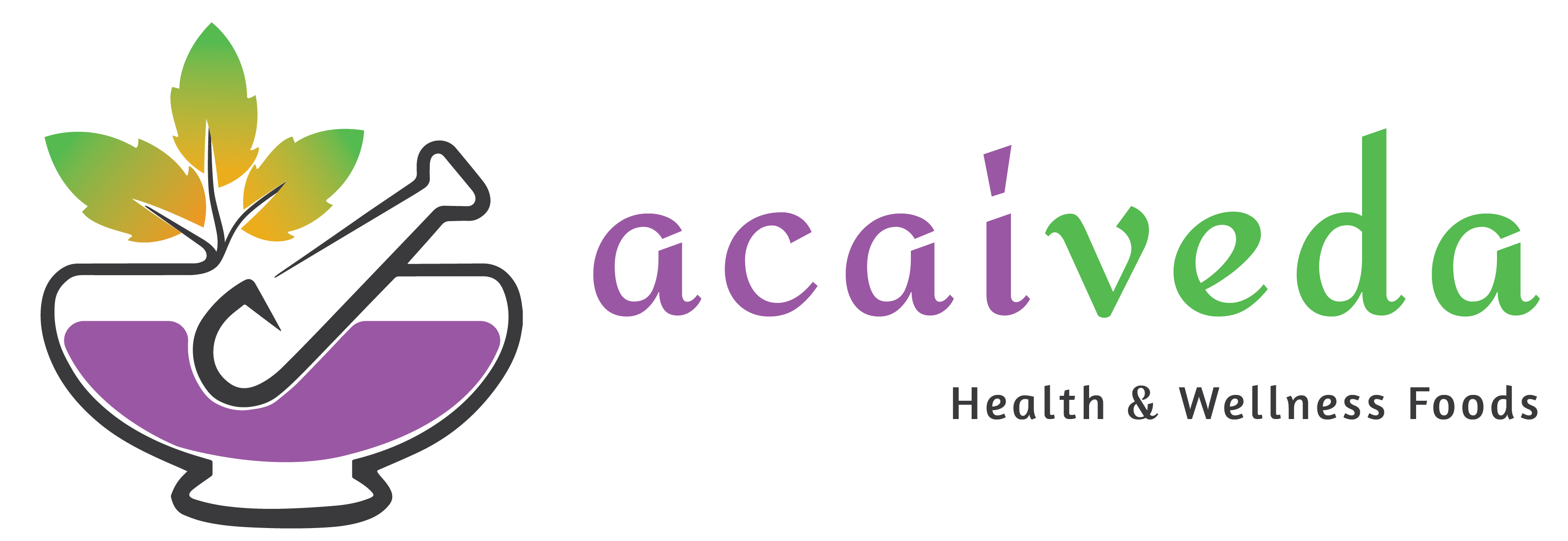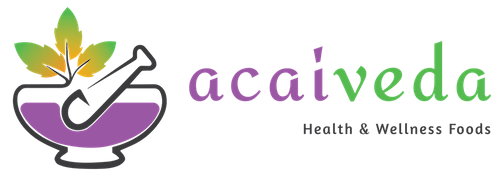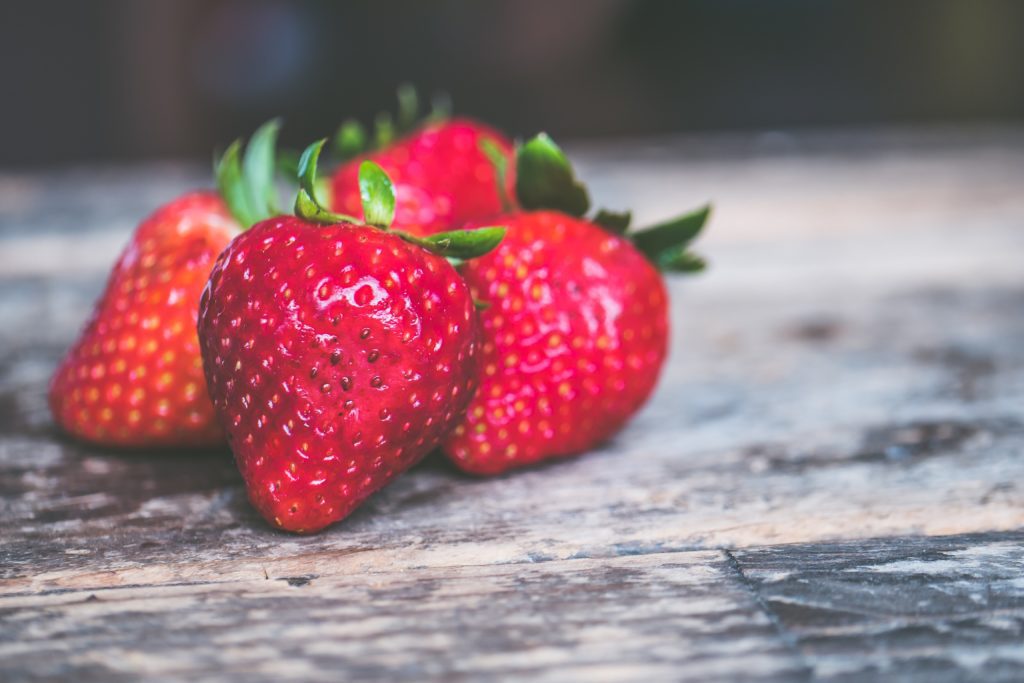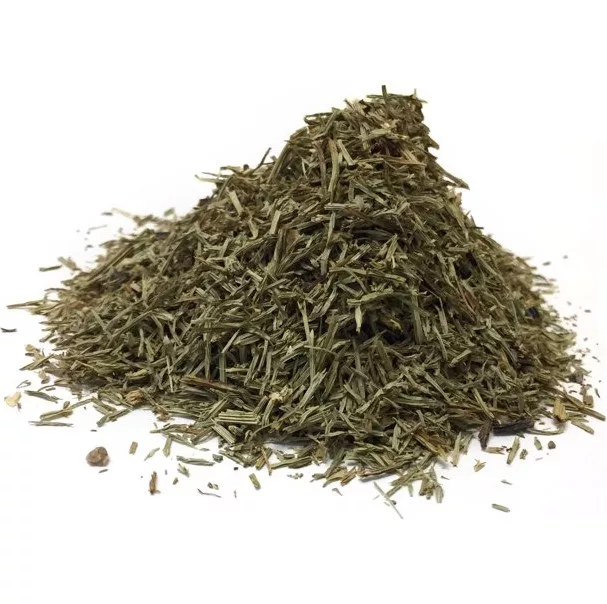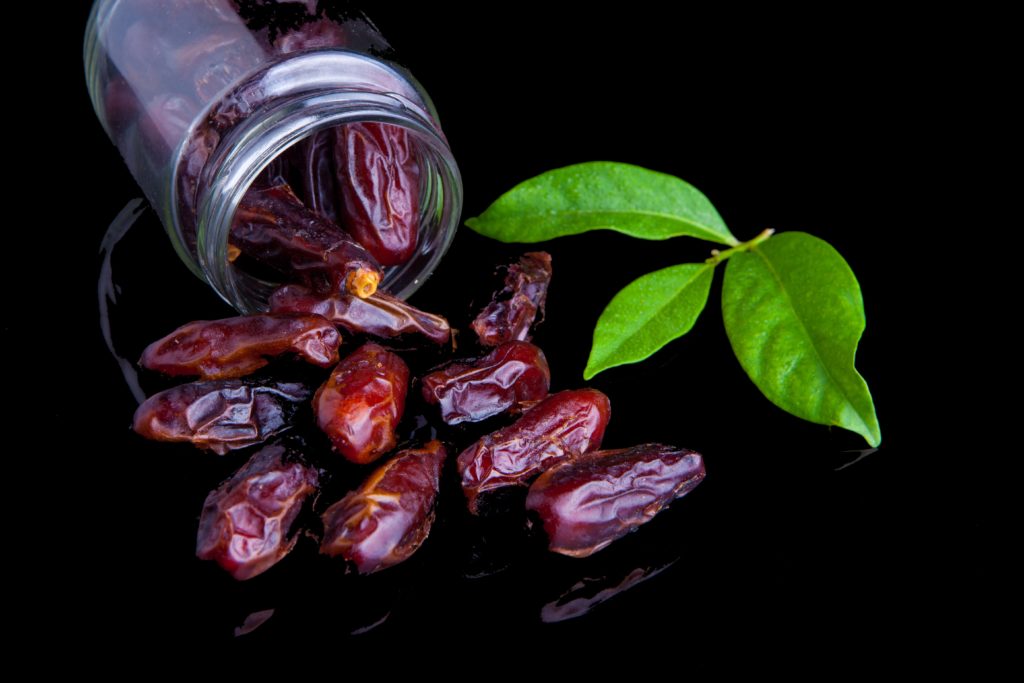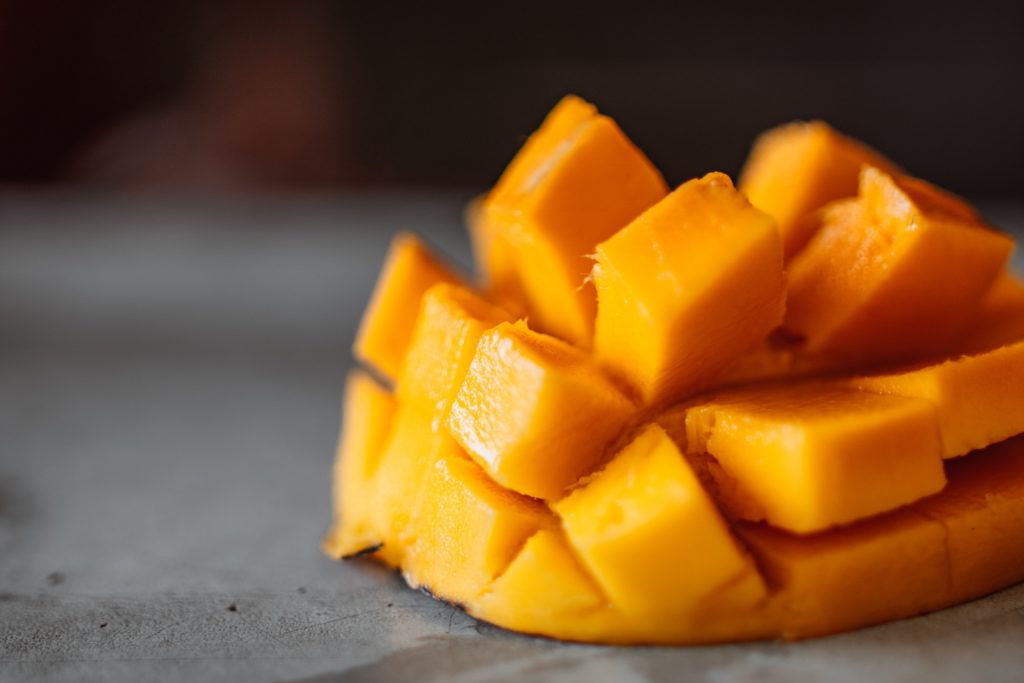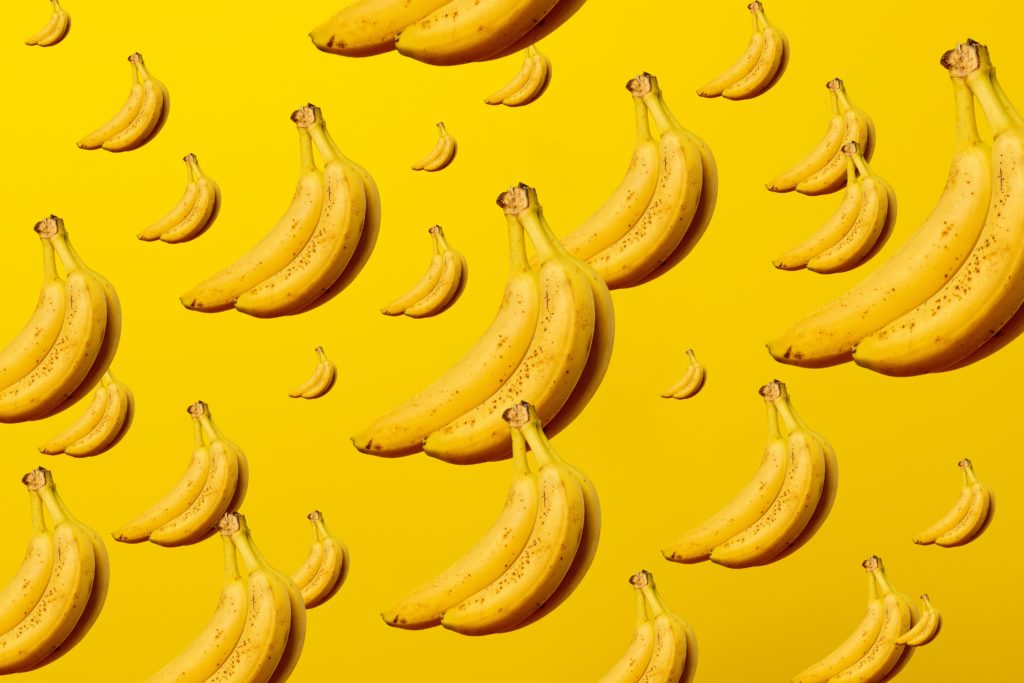
BANANAS: THE YELLOW SUPERFOOD THAT YOUR KIDS WILL LOVE!
WHAT IS THE HISTORY OF BANANAS?
Bananas have a long and fascinating history. Here are some key facts about the history of bananas:
- Bananas are believed to have originated in Southeast Asia, in the region that includes modern-day Malaysia, Indonesia, and the Philippines. Wild bananas have been growing in the region for thousands of years.
- The cultivation of bananas dates back to around 7,000 years ago in Papua New Guinea. From there, bananas spread to other parts of Southeast Asia and the Pacific.
- Bananas were introduced to the Middle East and Africa by traders and travelers. It is believed that bananas were introduced to India around 200 AD.
- European explorers first encountered bananas in the Caribbean during the late 15th century. It is believed that Portuguese sailors brought the first banana plants to the Americas.
- Bananas were not widely consumed in Europe until the 19th century. They became popular in the United States in the late 1800s.
- The modern banana industry was built on the foundation of the United Fruit Company, which was established in the late 19th century. The United Fruit Company controlled much of the banana trade in Central and South America.
- Bananas are now one of the most widely consumed fruits in the world. They are grown in tropical regions around the globe, including Latin America, Africa, and Asia.
Overall, the history of bananas is a story of human exploration, trade, and innovation. Today, bananas are a staple food in many parts of the world and a symbol of tropical agriculture and cuisine.
WHAT NUTRIENTS ARE IN BANANAS?
Bananas are a good source of several important nutrients. Here are some of the key nutrients in bananas:
- Potassium: Bananas are well-known for their high potassium content, which is important for maintaining healthy blood pressure, heart function, and muscle function.
- Vitamin C: Bananas are also a good source of vitamin C, which is important for immune system function and skin health.
- Vitamin B6: Bananas are a good source of vitamin B6, which is important for brain development and function, as well as the production of red blood cells.
- Dietary fiber: Bananas are a good source of dietary fiber, which is important for maintaining healthy digestion and reducing the risk of certain diseases.
- Magnesium: Bananas contain magnesium, which is important for bone health and muscle function.
- Manganese: Bananas are also a source of manganese, which is important for metabolism and bone health.
- Potentially antioxidants and other micronutrients: Some research suggests that bananas may also contain other beneficial micronutrients, such as antioxidants, that could have health benefits.
WHAT IS THE DAILY VALUE OF NUTRITION IN BANANAS?
Here are the approximate percentages of the daily value of minerals and vitamins that a medium-sized banana (about 118 grams) can provide:
- Potassium: 9% of the daily value (DV)
- Vitamin C: 11% of the DV
- Vitamin B6: 22% of the DV
- Dietary fiber: 12% of the DV
- Magnesium: 8% of the DV
- Manganese: 8% of the DV
WHAT ARE THE BENEFITS OF BANANAS?
Here are some of the benefits of eating bananas:
- Good for heart health: Bananas are high in potassium, which can help regulate blood pressure and reduce the risk of heart disease.
- Boost energy: Bananas are a great source of carbohydrates and natural sugars, which can provide a quick energy boost and help improve athletic performance.
- Improve digestion: Bananas contain fiber, which can help regulate digestion and promote regular bowel movements.
- Support weight loss: Bananas are relatively low in calories and high in fiber, which can help promote feelings of fullness and reduce overeating.
- Improve mood: Bananas contain the amino acid tryptophan, which can help boost the production of the feel-good hormone serotonin and improve mood.
- Support kidney health: Bananas are a good source of potassium, which can help reduce the risk of kidney stones and support kidney function.
- Support bone health: Bananas contain several important nutrients, including magnesium and manganese, which can help support bone health and prevent osteoporosis.
- May reduce inflammation: Some research suggests that bananas may have anti-inflammatory effects, which could help reduce the risk of chronic diseases such as arthritis and heart disease.
- Good for skin health: Bananas contain vitamin C and other antioxidants, which can help protect the skin against damage from the sun and other environmental factors.
Overall, bananas are a healthy and nutritious food that can be a great addition to a balanced diet.
HOW DO I FEED BANANAS TO MY KIDS?
Bananas can be a great and healthy food option for kids, as they are high in nutrients and easy to digest. Here are some tips for feeding bananas to your kids:
- Choose ripe bananas: Ripe bananas are sweeter and easier to digest than unripe bananas, making them a better option for kids. Look for bananas that are yellow with brown spots.
- Cut the bananas into small pieces: Younger children may have trouble eating a whole banana, so it’s a good idea to cut it into small pieces. You can cut the banana into slices or small chunks, depending on your child’s age and preference.
- Serve them as a snack: Bananas make a great snack for kids, especially when they are on the go. You can pack a banana in your child’s lunch box or bring one with you when you’re running errands.
- Add them to breakfast: Bananas can be sliced and added to cereal, oatmeal, or yogurt to add natural sweetness and nutrition to your child’s breakfast.
- Blend them into smoothies: Kids often love smoothies, and bananas make a great addition to a fruit or green smoothie. You can blend the banana with other fruits, such as berries or mango, to make a delicious and nutritious smoothie.
- Use them in baking: Bananas can be used in a variety of baked goods, such as muffins or banana bread. Baked goods made with bananas can be a healthy and tasty snack or breakfast option for kids.
Overall, there are many ways to feed bananas to your kids, and the best way to feed them will depend on your child’s age and preferences. It’s important to offer a variety of healthy foods to your kids, including bananas, to ensure they are getting the nutrients they need for healthy growth and development.
HERE ARE 10 INTERESTING FACTS ABOUT BANANA:
- Bananas are berries: Even though they are commonly referred to as fruits, botanically speaking, bananas are actually berries. This is because they are produced from a single ovary and contain seeds.
- There are over 1,000 varieties of bananas: The most common variety of banana is the Cavendish, but there are actually over 1,000 varieties of bananas, including red, pink, and blue bananas.
- Bananas float in water: Bananas have a density less than that of water, which means they can float in water.
- Bananas are high in potassium: Bananas are a good source of potassium, which is important for maintaining healthy blood pressure and heart function.
- Bananas can help regulate digestion: Bananas contain a type of fiber called pectin, which can help regulate digestion and relieve constipation.
- Bananas can be used as a natural sweetener: Because of their natural sweetness, mashed bananas can be used as a natural sweetener in baked goods.
- Bananas can be used to polish shoes: The inside of a banana peel can be used to polish shoes or other leather items.
- Bananas are an important staple crop: Bananas are an important staple crop in many parts of the world, particularly in Africa and Asia.
- The banana plant is not a tree: The banana plant is actually a giant herb, not a tree.
- Bananas are rich in antioxidants: Bananas are a good source of antioxidants, which can help protect the body against damage from free radicals.
Note: We are a small business so we used a cheat code (ChatGPT, phew, technology has come far!) to help me write this blog post. I double-checked the information contained within this post to ensure accuracy.
